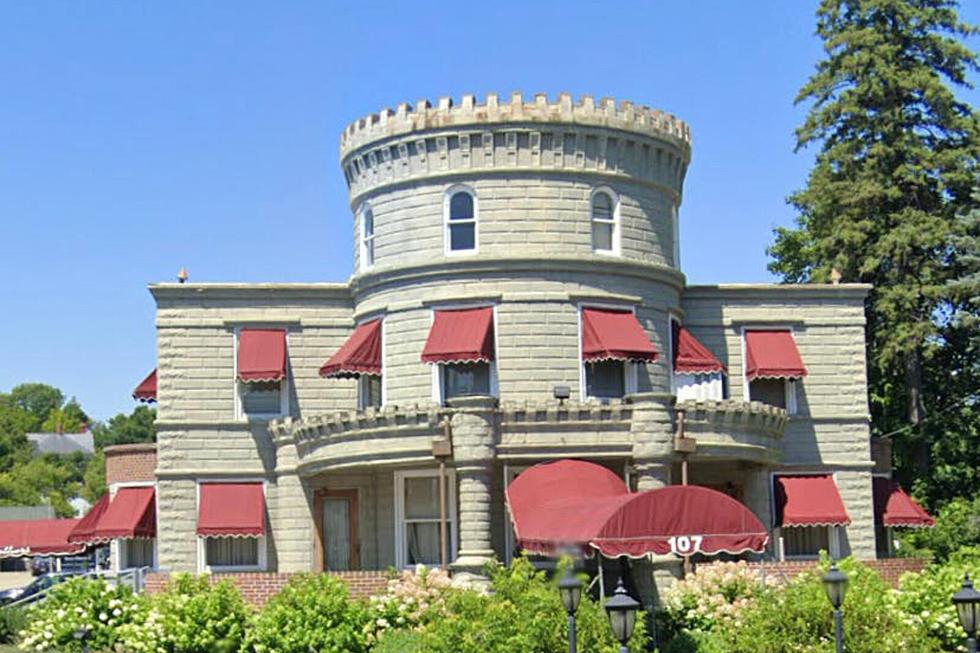
Police Say Center Lovell Inn Contest Did Not Violate Law
Google Maps
The State Police have announced that there were no violations of Maine gaming laws from the Center Lovell Inn essay contest which sparked some complaints from contest participants. According to Spokesman Steve McCausland, Sgt. Michael Johnston of the State Police’s Special Investigation Unit recently conducted an investigation that included a review of the contest to include the rules, and interviews with the present and future owners of the Inn, Janice Sage and Prince Adams, along with the two judges who reviewed the essays and picked the winner.
Johnston said the investigation’s conclusion was that there were no violations of Maine gaming statutes (Title 17, Chapter 62), McCausland said. The investigation concluded that this was a game of skill, not a game of chance. State Police license games of chance, but there are no laws in Maine overseeing essay contests, according to McCausland.
Johnston said he assigned veteran State Police Gaming Inspector Barry Hathaway to the investigation. Hathaway also looked into complaints when the Inn changed hands in another essay contest in 1993. Johnston said his office received 15 complaints about the contest and the complainants were notified Monday of the decision. Johnston also said he met with the Maine Attorney General’s Office Monday to review the State Police findings. Johnston said Attorney General’s Office also concluded that there were no violations of the state’s consumer protection laws.
News of the investigation was unveiled in a Boston Globe story on June 22, the article said that the Maine State Police special investigations unit was looking into if Janice Sage, who owned the inn and organized the essay contest to find a new owner, violated the state's law regarding games of skill.
Sage, who owned the inn for 22 years after winning it in a similar contest, announced that Prince and Rose Adams, who had been running a restaurant in the U.S. Virgin Islands, had been awarded the inn and restaurant after a local panel of judges selected their entry from all submitted entries. Entrants paid a non-refundable $125 entry fee, which went to Sage to cover the purchase price of the inn.
According to the Boston Globe article, a group made up of unsuccessful entrants calling itself the "Center Lovell Contest Fair Practices Commission" complained that the contest was deceptively advertised.
One of the many allegations against Janice Sage and the contest she sponsored is that the advertising of the contest ... was illegally deceptive and violated consumer-rights regulations, intentionally coercing thousands of people to enter a contest that they never had an actual chance of winning,” said group founder Kelley Prass Collins in the Boston Globe story. “In short, Janice Sage was advertising a contest for ‘dreamers’ who would never have the chance to own an inn and restaurant, and then handed the prize to just such a business owner.”




